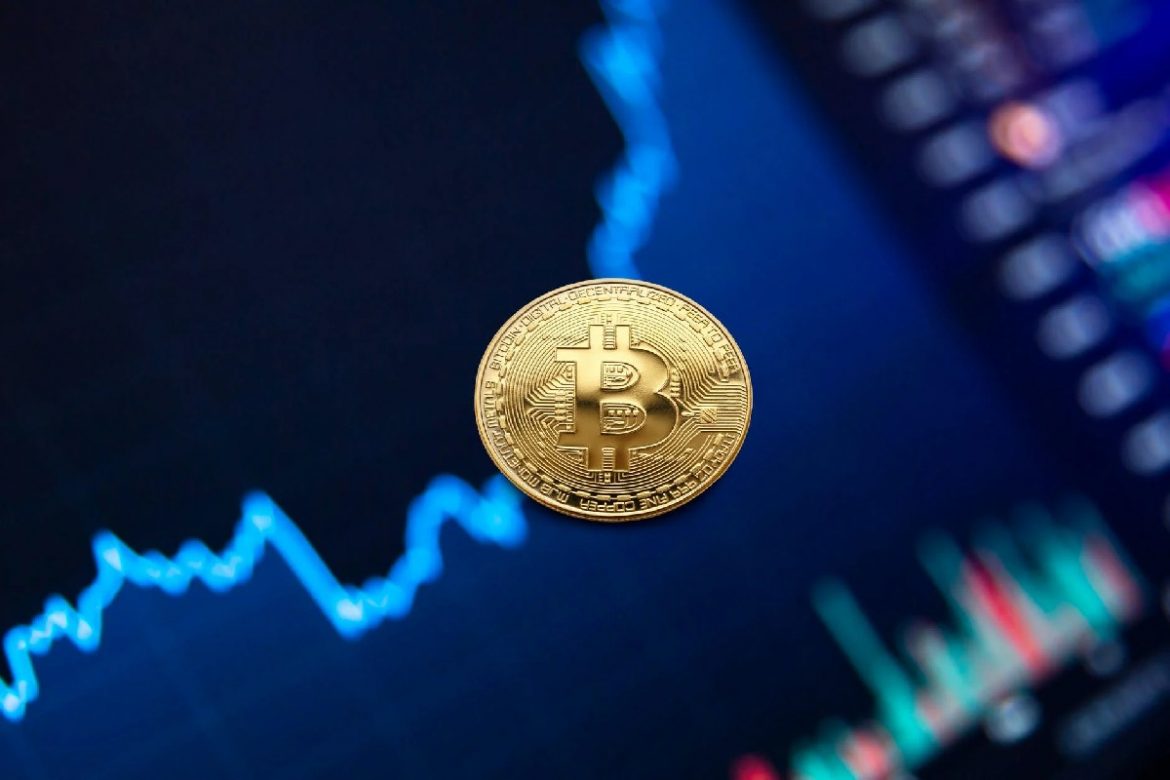Bitcoin Transactions: Possible or Not? – Bitcoin, as we all know, is quite the talk of the town. It might replace liquid cash in the future because of its features. It does not involve any involvement from any organization like the bank or the government. Bitcoin is volatile, and it allows people to keep their data safe.
Bitcoin, being a digital currency can remove a lot of duplicates that occur and can make it easier for the people to make transactions. There are a lot of pros of using bitcoin.
There are many software and sites that determine the value of a bitcoin which help the users get more information about bitcoins.
So, the question about whether bitcoin could be a direct peer-to-peer currency in the future comes to mind.
Table of Contents
So before getting more into that, let’s get to know what Peer-to-peer currency is?
It refers to the exchange or accessibility of services or assets among individuals without any centralized power. Decentralized interactions between people and groups characterize peer-to-peer (P2P) contact. Computing and connectivity (peer-to-peer file sharing) and also bitcoin exchange have all used this technology.
Actual peer-to-peer virtual currencies do not need the people engaged in authentication, ensuring that everyone’s anonymity is protected. Most peer-to-peer markets allow you to buy cryptocurrencies with cash or even other modes of payment that offer privacy laws.
Each user in a virtual peer-to-peer network is (theoretically) equal ownership and producer to the system. This local area network can get used to sharing nearly any type of data or file.
What will be the future of bitcoin transactions in the future?
Does Bitcoin have a future, given that it continues to provoke both excited and frightening responses? The solution is a little more complicated. Although Bitcoin is unlikely to dethrone the currency or other significant banking system currencies, its innovation will alter how we handle remittances, trading, and other purchase documents. These changes will have numerous advantages, but they will also have significant disadvantages. Governments will play a critical role in achieving this equilibrium.
The fundamental appeal of Bitcoin was that it would allow users to make money transfers only using their online identity, not depending on fiat money provided by a state banking system or a trustworthy middleman like a commercial payment card provider.
Blockchain, the technology that permits this achievement, is genuinely ground-breaking. All accounting records and Bitcoin electronic current accounts get kept on public blockchain ledger accounts held on different computers worldwide and are viewable to anybody with internet access. Surprisingly, the blockchain’s unprecedented openness is what makes it safe and vandalized.
Bitcoin is a beautiful idea, but government entities are busy with other things as the ultimate arbiter of financial logic. Millions of people believe in Bitcoin, yet belief has no role in the federal reserve’ economic operations.
How are peer-to-peer exchanges different from centralized exchanges?
Actual peer-to-peer digital currencies do not need the people involved to give identity, ensuring that everybody’s anonymity is protected. Most peer-to-peer markets allow you to buy cryptocurrencies with cash or other forms of payment that offer confidentiality.
Many are centralized exchanges governed by the laws of the nations where participants reside. As a result, authorities may mandate exchangers to acquire access to users’ identification and activities, eroding the anonymity that Bitcoin got designed to provide.
While security experts may enjoy how peer-to-peer trading platforms allow people to trade without state involvement, digital coins’ lack of accountability can enable people and families engaging in criminal activity to transfer funds with notice or scrutiny.
While security experts may enjoy how peer-to-peer trading platforms allow people to do business without government meddling, digital assets’ lack of accountability may enable individuals to be guilty of criminal activity to launder before notice or scrutiny.
Conclusion
Not all virtual currencies, however, are peer-to-peer. Many are centralized markets governed by the laws of the nations where members reside. As a result, authorities may mandate exchanges to acquire based on users’ names and activities, eroding the anonymity that Bitcoin was designed to provide.


